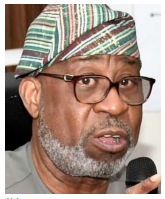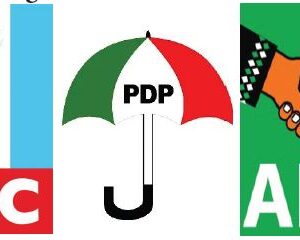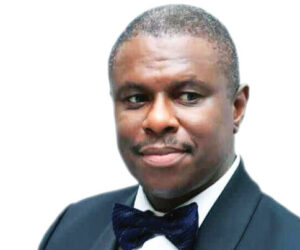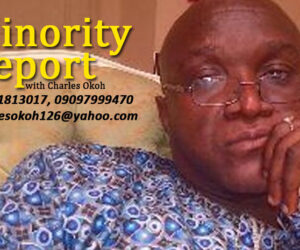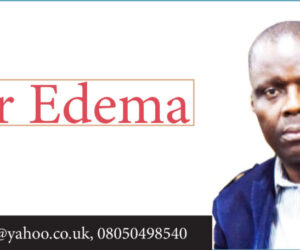1
PIUS EBONG
At present, most Nigerian mining companies, exploration firms, and even government agencies such as the Nigerian Geological Survey Agency (NGSA) and the Ministry of Solid Minerals Development, depend on foreign laboratories for mineral characterization, assay, and compositional analysis. From lithium and gold to rare earth elements and iron ore, the majority of samples extracted in Nigeria are sent abroad for testing. This practice is not only expensive but also time-consuming. The logistics of shipping samples, paying for foreign expertise, and awaiting laboratory reports lead to significant delays in project execution. Worse still, critical geological data often remain in the custody of foreign institutions—compromising data sovereignty and national security.
The inability to analyze mineral samples domestically has far-reaching economic consequences. For one, Nigeria loses substantial foreign exchange annually on testing and certification abroad. Small and medium-scale miners, who cannot afford these costs, are often discouraged from proceeding with exploration and development. Furthermore, foreign dependency for scientific verification limits Nigeria’s capacity to develop value chains around its mineral sector. Without accurate and timely geochemical, petrological, and metallurgical data, investors are hesitant to commit funds to exploration or processing ventures. This perpetuates a cycle where Nigeria exports raw ore without understanding its full economic potential—while importing refined products at high cost.
Establishing a National Geoscientific Analytical and Research Centre (NGARC) would represent a game-changer for Nigeria’s solid minerals industry. Such a facility would serve as the hub for mineralogical, geochemical, and metallurgical investigations—offering services to public agencies, private companies, universities, and research institutions.
With the right infrastructure—modern spectrometers, X-ray fluorescence (XRF), scanning electron microscopes (SEM), mass spectrometry, and isotope laboratories—Nigeria could independently evaluate the quality, grade, and commercial viability of all its mineral resources. This would strengthen data-driven policymaking, enhance investor confidence, and support industrialization through local beneficiation.
Beyond technical benefits, a national laboratory would become a centre of excellence for human capital development.
Nigerian geologists, metallurgists, and geochemists would have the opportunity to train locally using state-of-the-art equipment, reducing brain drain and dependence on expatriate expertise. Collaboration with universities and research institutions could also stimulate innovation in mineral processing technologies, environmental monitoring, and sustainable mining practices—aligning with global standards.
For this vision to materialize, the Nigerian government must integrate the establishment of such a facility into its national development agenda. Public-private partnerships (PPP) can be explored, where government provides policy support and initial capital while private investors and international partners contribute technology and expertise. Additionally, incentives such as tax reliefs, grants for research, and collaboration with international geological organizations could fast-track implementation.
The Federal Ministry of Solid Minerals Development, in conjunction with the Tertiary Education Trust Fund (TETFUND) and the Raw Materials Research and Development Council (RMRDC), could play a coordinating role.
The future of Nigeria’s solid minerals sector depends not only on the abundance of resources beneath its soil but also on the nation’s ability to understand, process, and utilize them efficiently.
Establishing a world-class geoscientific data analysis facility is no longer a luxury— it is an urgent necessity for economic sovereignty, technological advancement, and sustainable national development. Nigeria must act now to end its scientific dependency and position itself as a continental leader in mineral research and resource intelligence.
Ebong, a metallurgical engineer and a solid mineral consultant, writes via [email protected] (08033138956)

